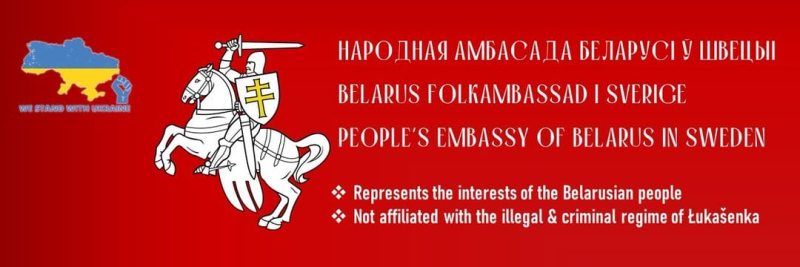Handbook of repressions released to facilitate obtaining protection abroad for Belarusians Document
The People’s Embassy of Belarus in Sweden and other embassies and the Viasna Human Rights Center have published a Repression handbook in English. The document aims to help migration officials, lawyers, and human rights activists assess the degree of threat faced by Belarusian refugees.
Obtaining political asylum is quite a challenge for Belarusians in many countries. For instance, 98% of Belarusians who applied for political asylum in Sweden in 2021–22 were denied. It happened primarily because migration authorities, and often even attorneys, do not fully understand the terror that Belarusians face after the crackdown on pro-democracy protests in 2020—especially after the onset of the aggression against Ukraine. For those who have never lived under a totalitarian dictatorship, it is hard to fathom that in the heart of Europe, people could get lengthy prison terms for liking a post on Facebook, participating in public activities abroad, or donating to political prisoners—or even that activist family members could be taken hostage and imprisoned. Even though the situation in Belarus before the war did not come off the pages of the European media, its understanding level remains very low. Viasna and other human rights groups meticulously document repressions. Still, due to the scale of the terror, it is often not easy to navigate large volumes of information.
The People’s Embassy of Belarus in Sweden, with the support of other People’s Embassies and Viasna human rights groups, has created a concise guide in English that summarizes the actions for which Belarusians can be subjected to repression. The document is intended to aid immigration officials, attorneys, and human rights advocates in assessing the degree of threat Belarusian refugees are facing.
The document will be updated as events unfold. You can download it here:

Actions for which Belarusian citizens can be held criminally liable


















